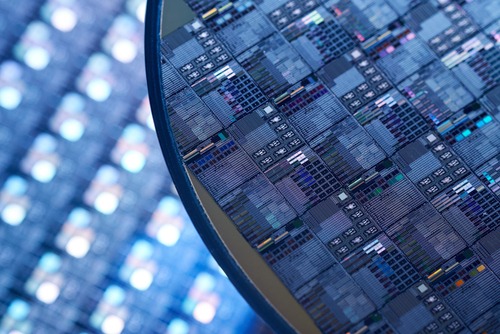
The Defense Advanced Research Projects Agency (DARPA) recently announced that it is participating in an initiative to address microelectronics advancement challenges.
DARPA personnel have detailed the Joint University Microelectronics Program 2.0 (JUMP 2.0), described as a long-term university research collaboration with the Semiconductor Research Corporation (SRC), a consortium of companies in the commercial semiconductor industry and the defense industrial base.
“DARPA has a long history of supporting long-term, pathfinding university research through public-private partnerships that drive disruption in microelectronics,” Dev Palmer, deputy director of the Microsystems Technology Office (MTO) and lead on JUMP 2.0, said. “Starting with the Focus Center Research Program (FCRP) consortium in 1998, DARPA has maintained strong collaborations with academia, the defense industrial base, and commercial semiconductor industry to accelerate the pace of innovation and chart a path forward in advancing microelectronics. JUMP 2.0 will build on that legacy and serves as one critical component of MTO’s plans for the next phase of the Electronics Resurgence Initiative (ERI).”
According to DARPA, the endeavor supports high-risk, high-payoff research broaching existing and emerging challenges in information and communication technologies.
The program addresses analog hardware innovation; increases the demand for more memory and data storage; broaches data generation and communication capacity imbalance; explores highly-interconnected AI systems security vulnerabilities; and examines unsustainable growth in energy demands for computing.




